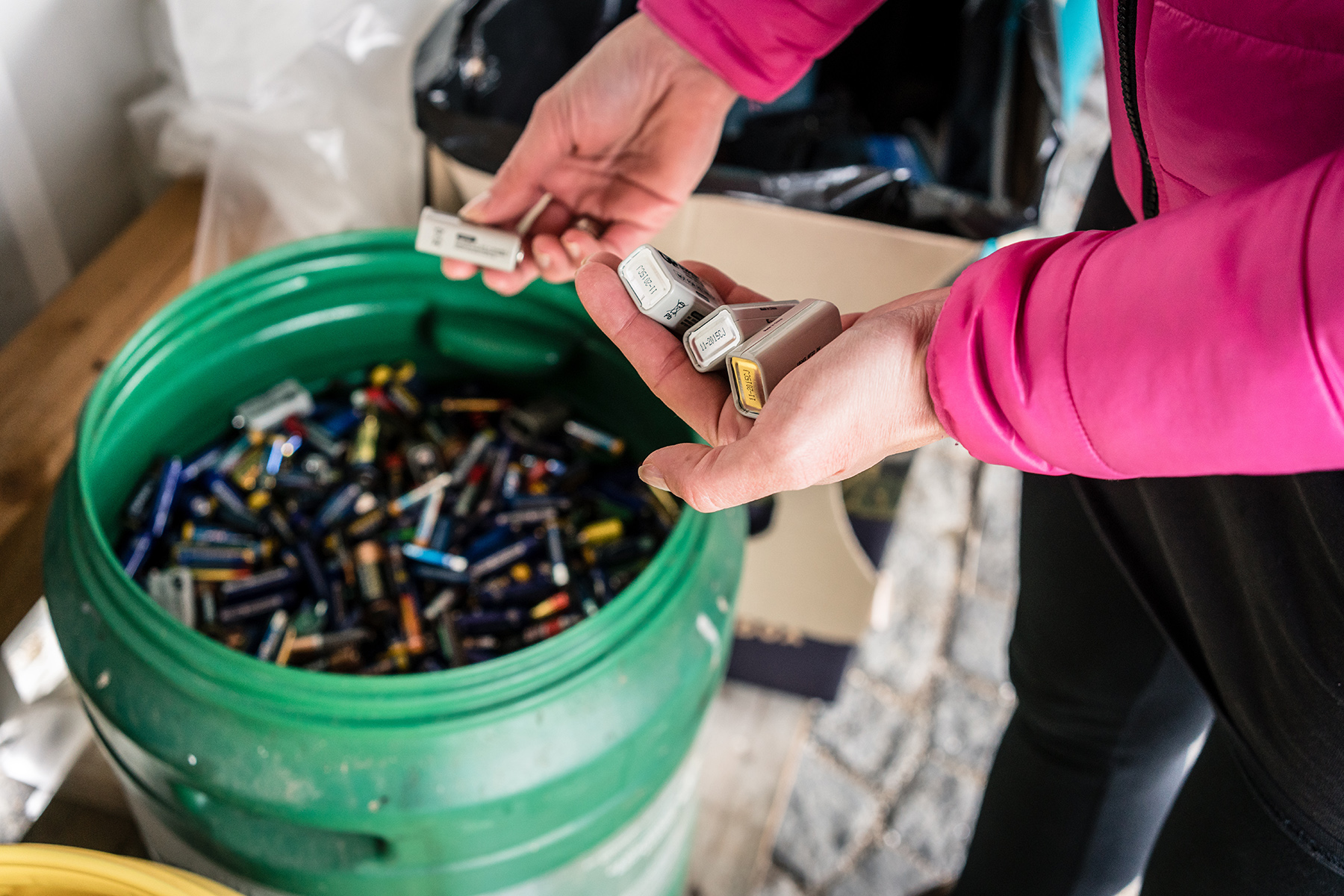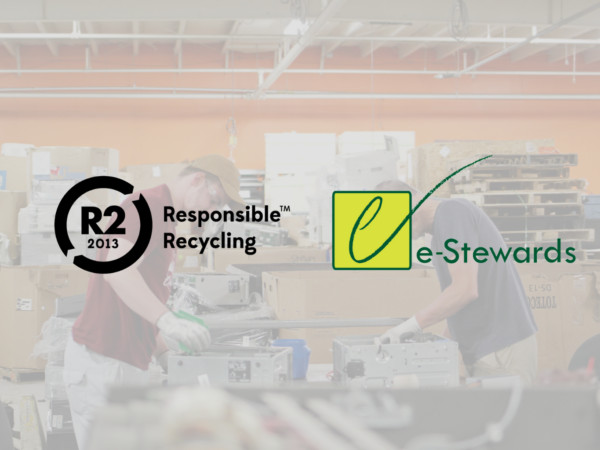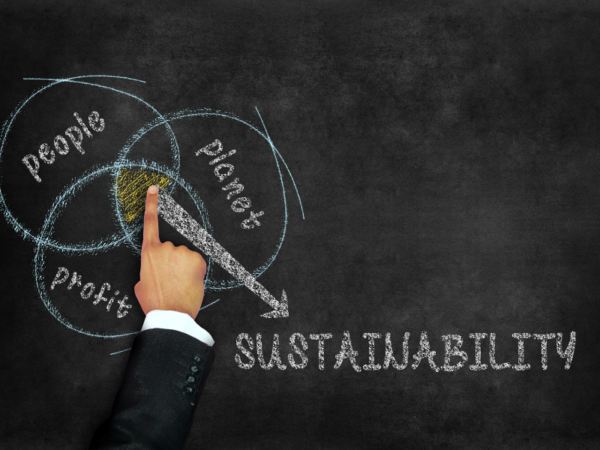
Each year, Americans throw away nearly 3 billion batteries. When batteries go into landfills, there are potentially hazardous heavy metals that threaten the health and safety of our community and our environment. Cadmium, mercury, lead, and lithium are just a few of the toxic chemicals that can leach into our soil and groundwater systems. Proper disposal of batteries is essential and we are here to help!
Not All Batteries are Created Equal
Alkaline batteries are traditional single-use batteries that we all commonly use in our homes and offices. While they are chemically more benign that other battery types, we can still recover the metal casing and other materials for recycling.
On the other hand, rechargeable batteries can fall into many different categories – lithium, lithium-ion, NiMH, NiCD, and lead-acid to name a few. These battery types are more regulated and many states have banned these from being landfilled.
Safety & Storage
It is helpful if you are able to sort used batteries before bringing them to a recycling center, though it is essential for safety reasons to use clear packing tape on any battery type that is not alkaline (single-use). Mixing batteries is potentially very dangerous and can lead to fires, especially if the batteries swell or leak. We have seen some of our customers try soaking batteries in oil to prevent fires – we assure you that this is not appropriate. Our team of experts at Comprenew know exactly how safely store batteries so if you are ever in doubt, please ask.
Cost of Recycling
In most cases, it costs more to handle and recycle batteries than the value of any materials that can be recovered. At Comprenew, we know that every action we can take to protect people and the planet from the threat of electronic waste must be taken, and we hope you feel the same. There are significant savings for our corporate customers that do their own sorting and we can help. Please call 833-COMPRENEW for a quote.



